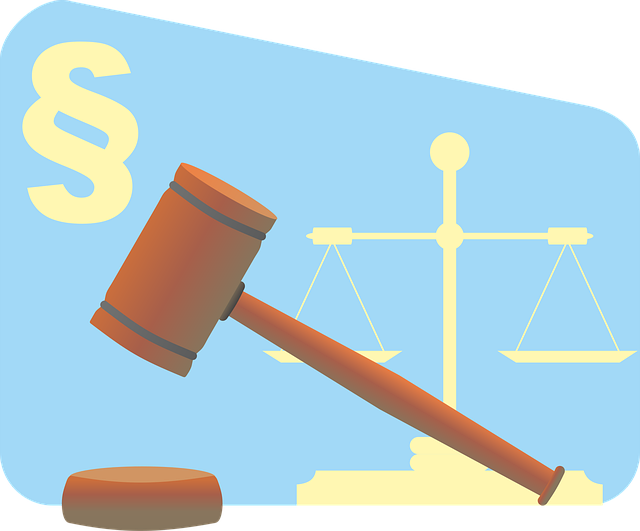Motorcycle passenger injury cases present complex legal challenges regarding liability and cost responsibility. Determining accountability involves state laws, insurance policies, and contributing factors beyond the driver, such as road conditions or faulty equipment. Effective cost management requires understanding comprehensive insurance plans, coverage options, and potential legal action for compensation, especially in complex cases involving negligence or reckless behavior.
Motorcycle passenger injuries can have significant financial and emotional impacts. This article delves into the legal intricacies surrounding these incidents, focusing on understanding who is responsible for associated costs. We explore key aspects such as determining liability from a legal perspective, managing expenses through coverage and compensation, and effective recovery strategies. By examining these elements, riders and passengers alike can better navigate the complexities of motorcycle passenger injury cases.
- Understanding Motorcycle Passenger Injuries: A Legal Perspective
- Determining Liability: Who's Legally Responsible?
- Managing Costs: Coverage, Compensation, and Recovery Strategies
Understanding Motorcycle Passenger Injuries: A Legal Perspective

Motorcycle passenger injuries often raise complex legal questions regarding liability and responsibility for associated costs. When a motorcycle collision occurs, determining who’s legally accountable for compensating the injured passenger is crucial. In many cases, it isn’t just the driver but also other parties involved, such as vehicle manufacturers or even public entities if infrastructure defects played a role.
From a legal perspective, understanding these dynamics is essential to ensuring fair and adequate injury compensation. This involves examining factors like negligence, product liability, and premises liability. For instance, if a passenger sustains injuries due to a slip and fall incident on a poorly maintained road, a car accident lawyer might argue that the local government or authority responsible for road maintenance could be held accountable, in addition to the at-fault driver.
Determining Liability: Who's Legally Responsible?

Determining liability in a motorcycle passenger injury case is a complex process. When a crash occurs, several parties could be held responsible for the resulting damages and medical expenses. The primary focus often lies with the driver of the motorcycle and the other vehicle involved. However, other factors can also contribute to liability, such as road conditions, faulty equipment, or even the passenger’s own negligence.
In many jurisdictions, a combination of state laws and insurance policies dictates who is legally responsible for compensating the injured motorcycle passenger. This may include the at-fault driver’s personal liability insurance, the motorcycle owner’s insurance, or even specific funds set aside for such cases. Understanding these legal complexities is crucial to navigating accident compensation claims, especially when dealing with potentially severe car accident injuries or, in tragic cases, wrongful death claims.
Managing Costs: Coverage, Compensation, and Recovery Strategies

When a motorcycle passenger sustains injuries due to an accident, managing the associated costs can be a complex process. Understanding coverage options and compensation strategies is essential for both victims and their families. Many motorcyclists opt for comprehensive insurance plans that include liability coverage, which can help offset medical expenses and other related costs in case of an accident involving another vehicle or party.
In addition to insurance, motorcycle passenger injury victims may explore alternative recovery strategies if the incident involves complex circumstances such as partnership disagreements or fiduciary duty breaches. In cases where negligence or reckless behavior from others is evident, pursuing legal action could result in financial compensation for pain and suffering, lost wages, and long-term care needs. Effective management of these costs requires a thorough understanding of available resources and the potential for recourse against responsible parties.
Motorcycle passenger injuries can have significant financial implications, but understanding legal responsibilities and available recovery strategies is crucial. By delving into the factors determining liability and exploring cost management options through coverage and compensation, injured passengers can navigate their journey towards justice and healing. In this evolving landscape of legal protections, being informed about your rights and options is essential for managing the costs associated with motorcycle passenger injuries.





